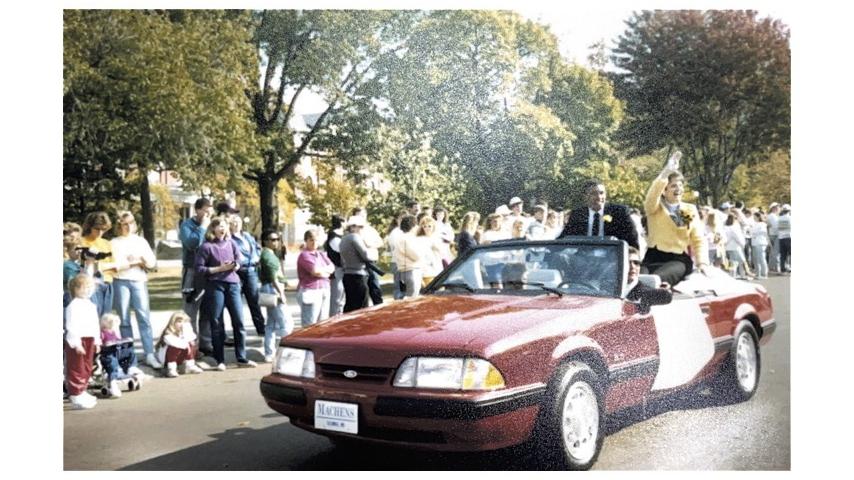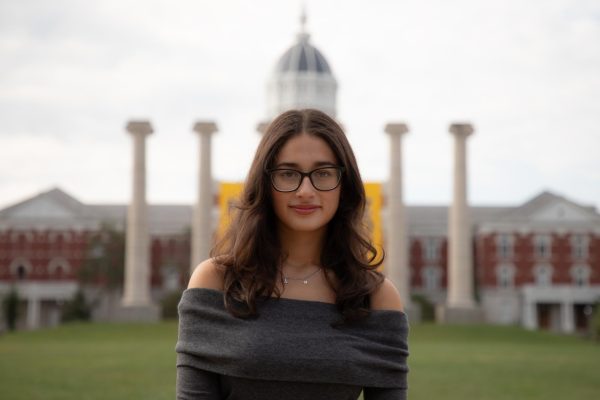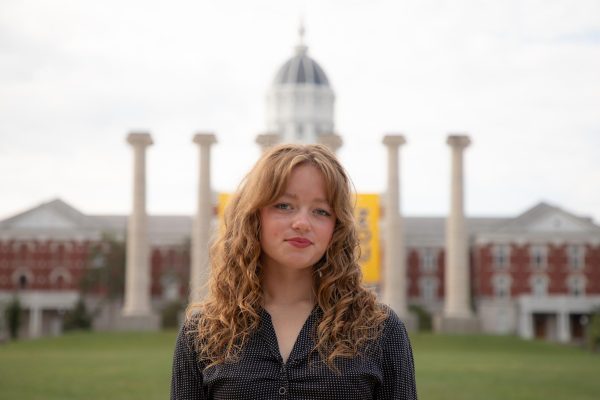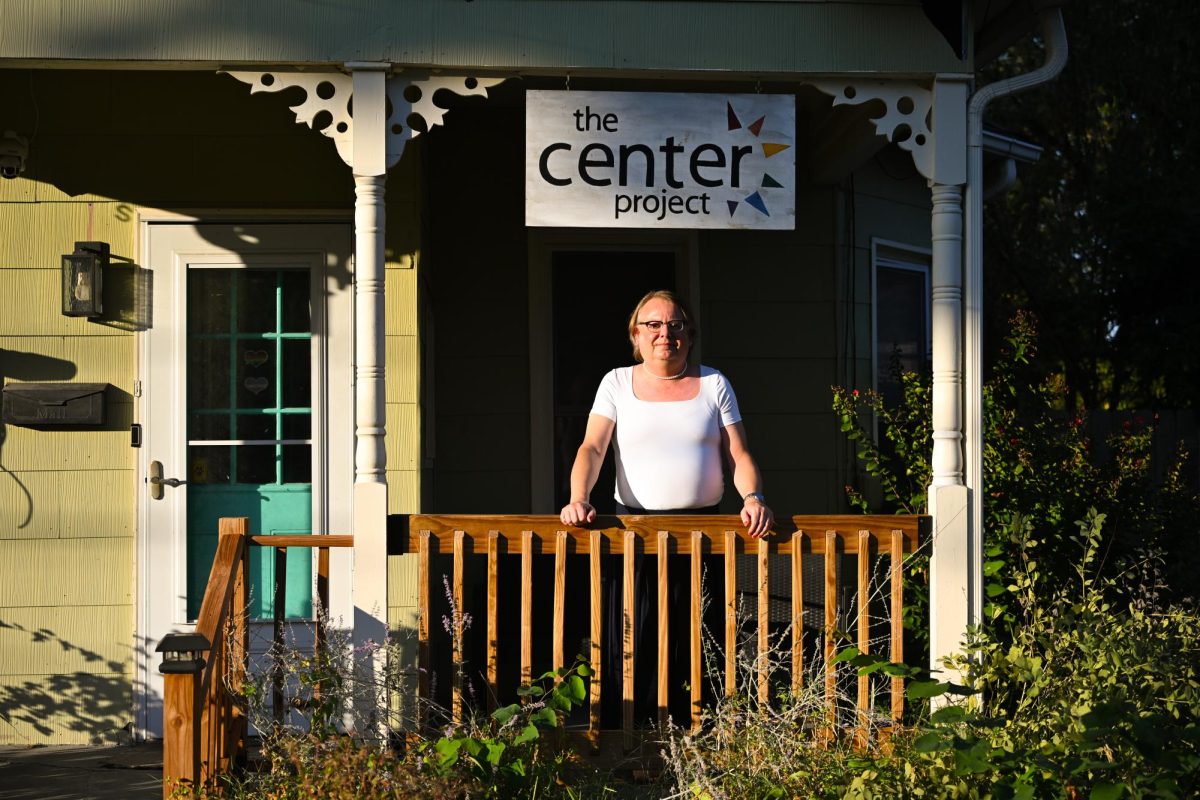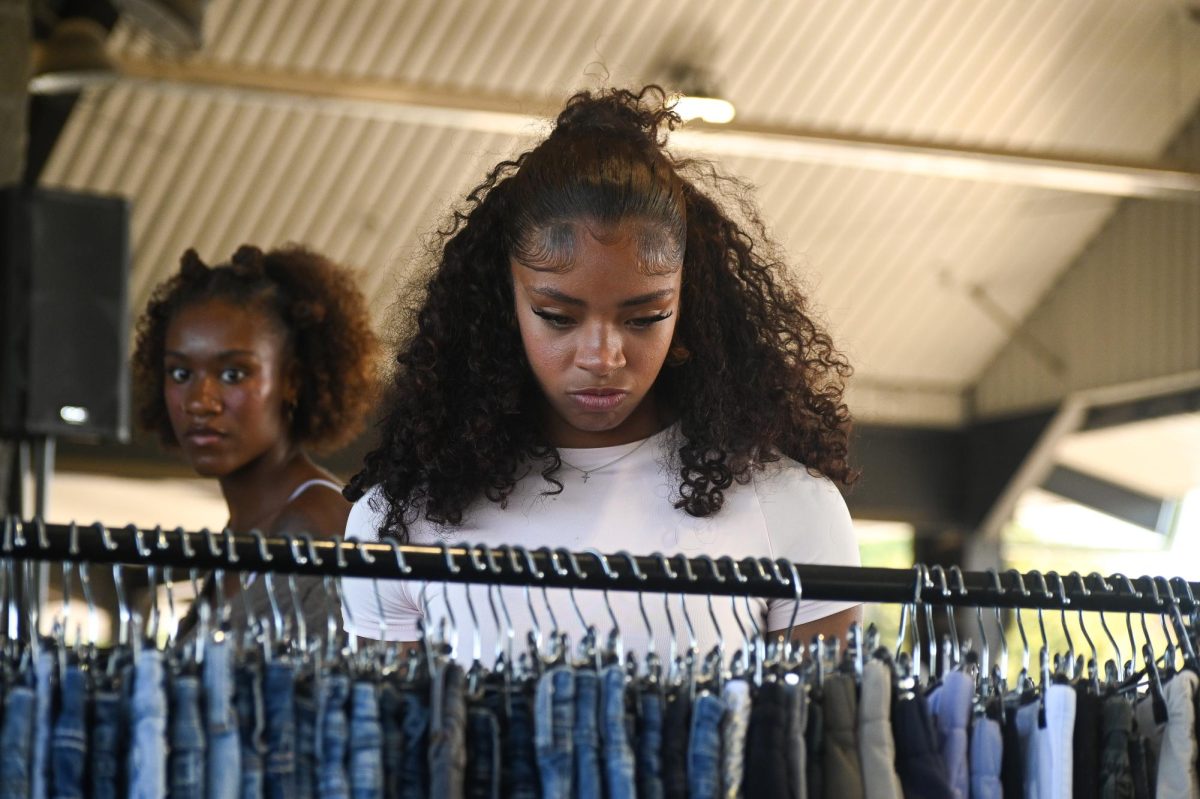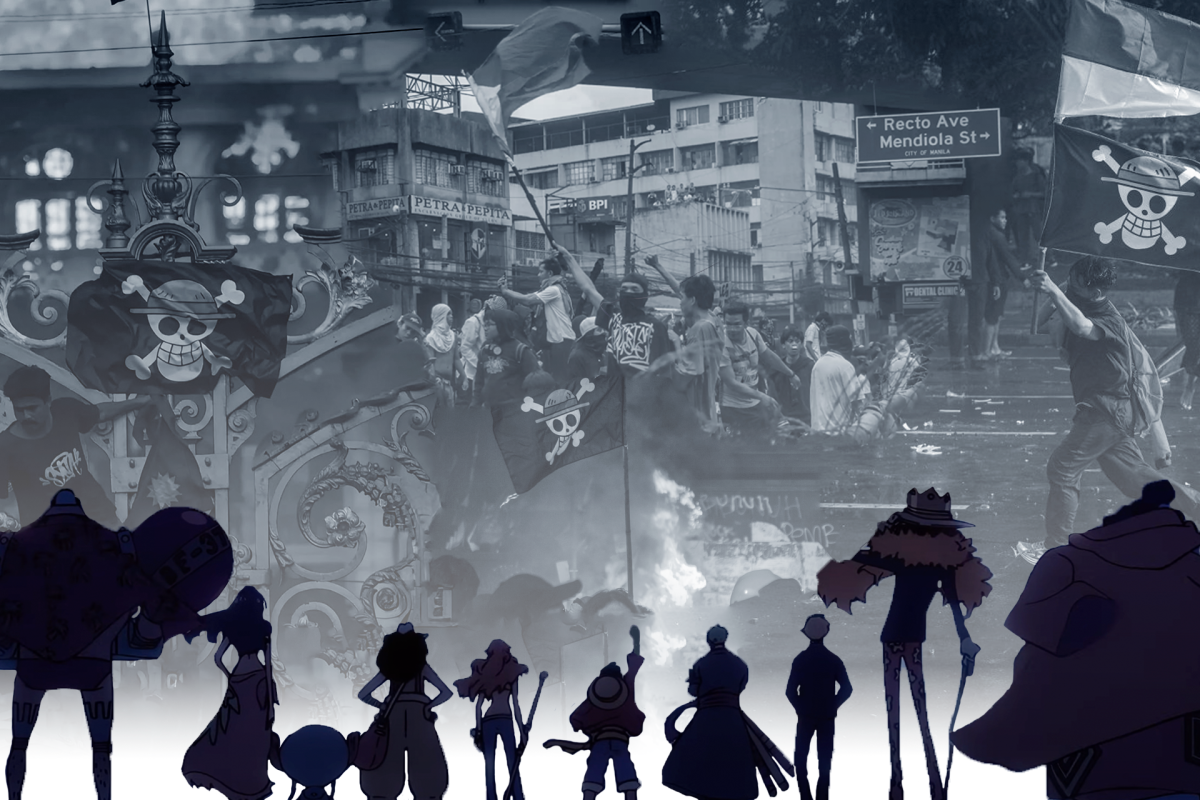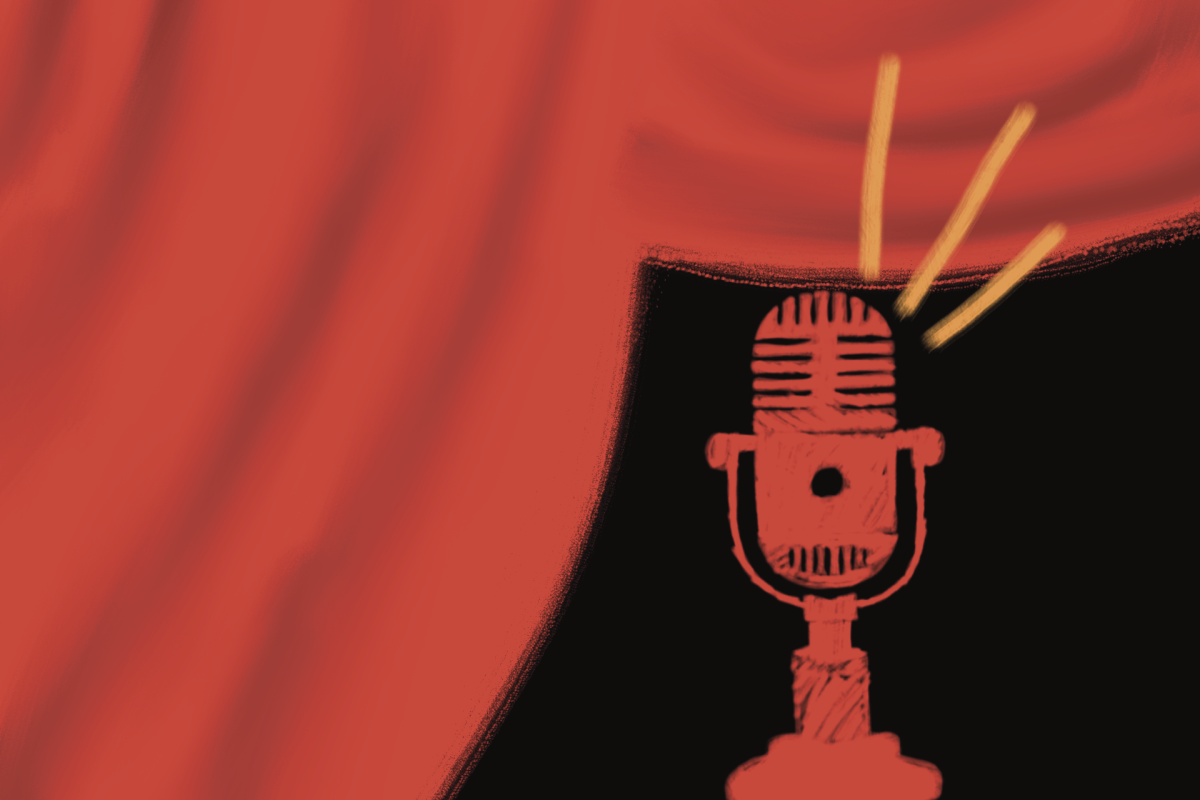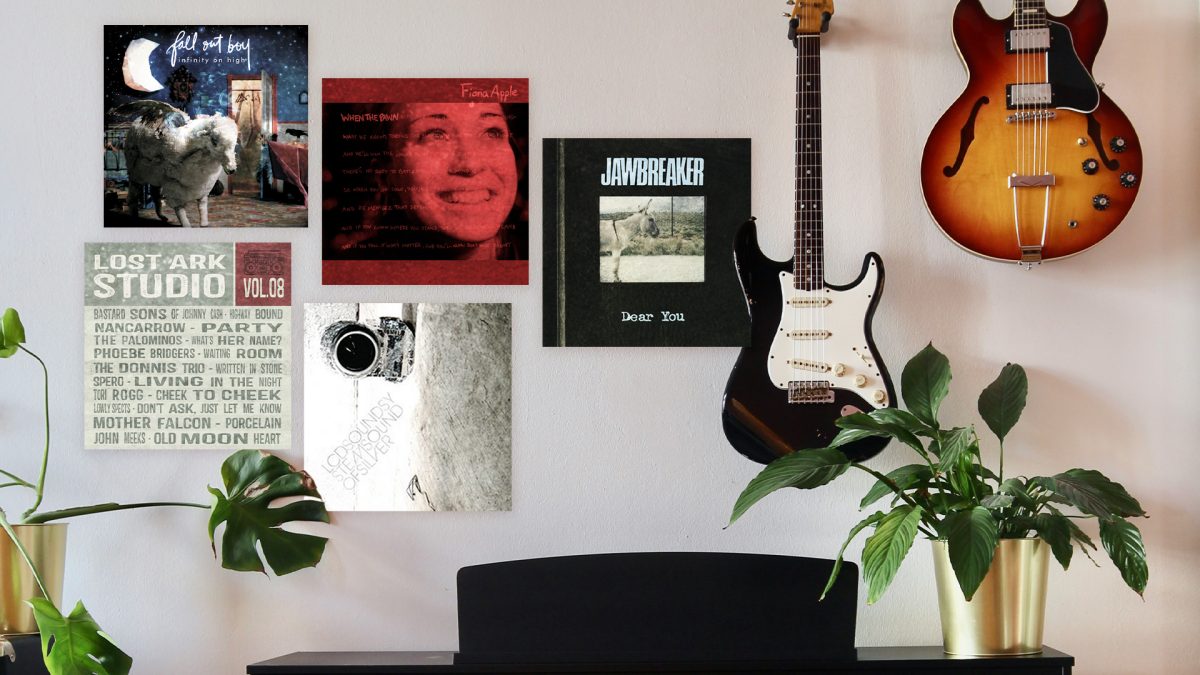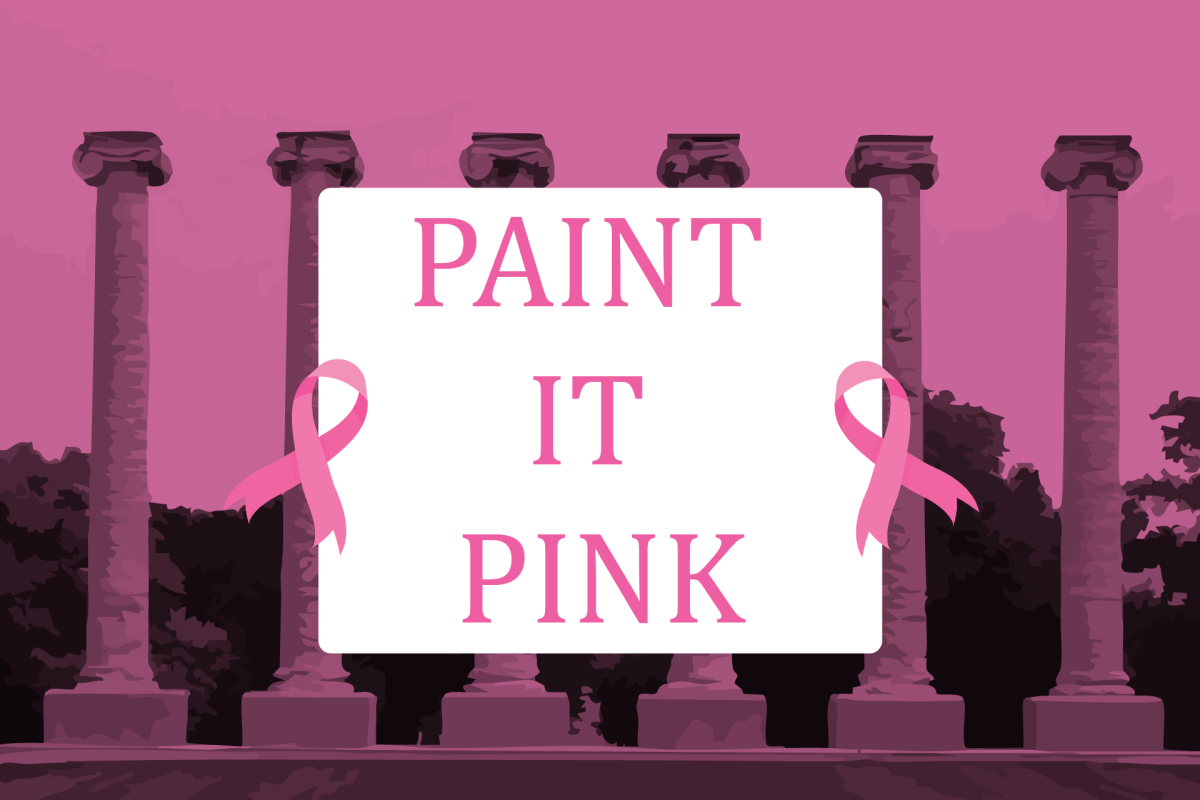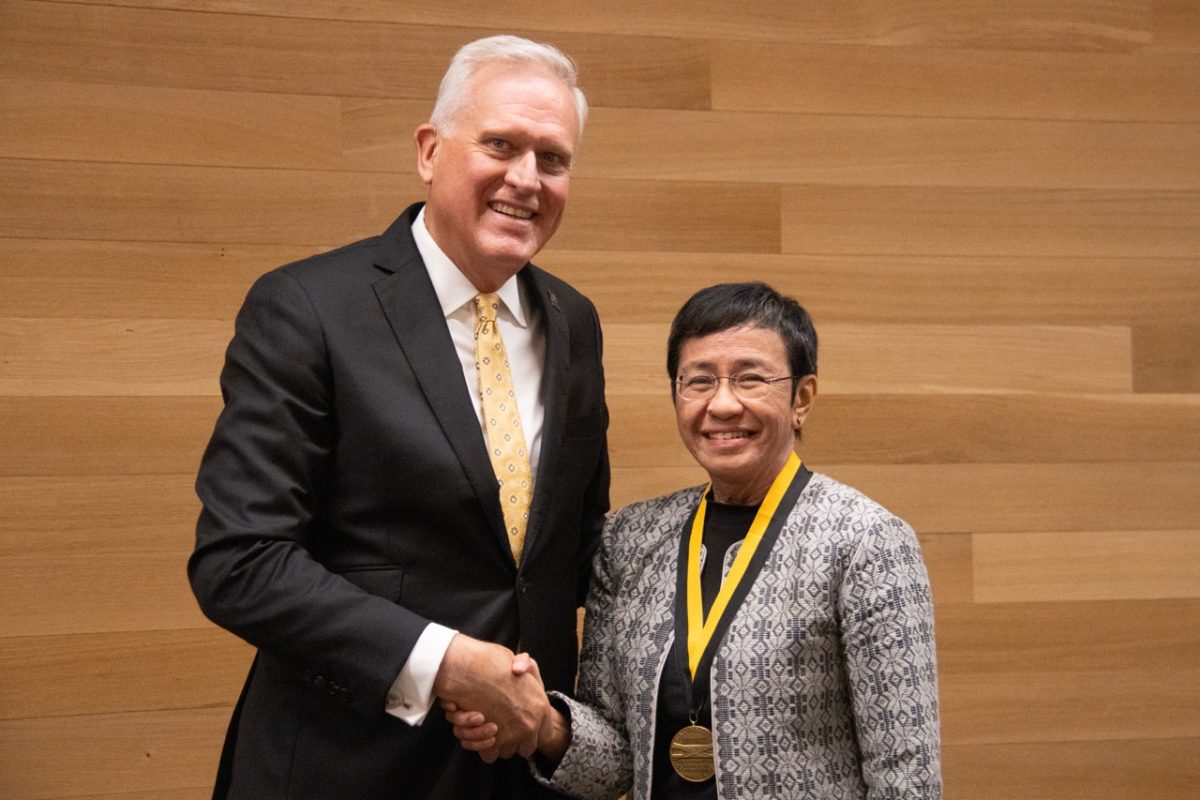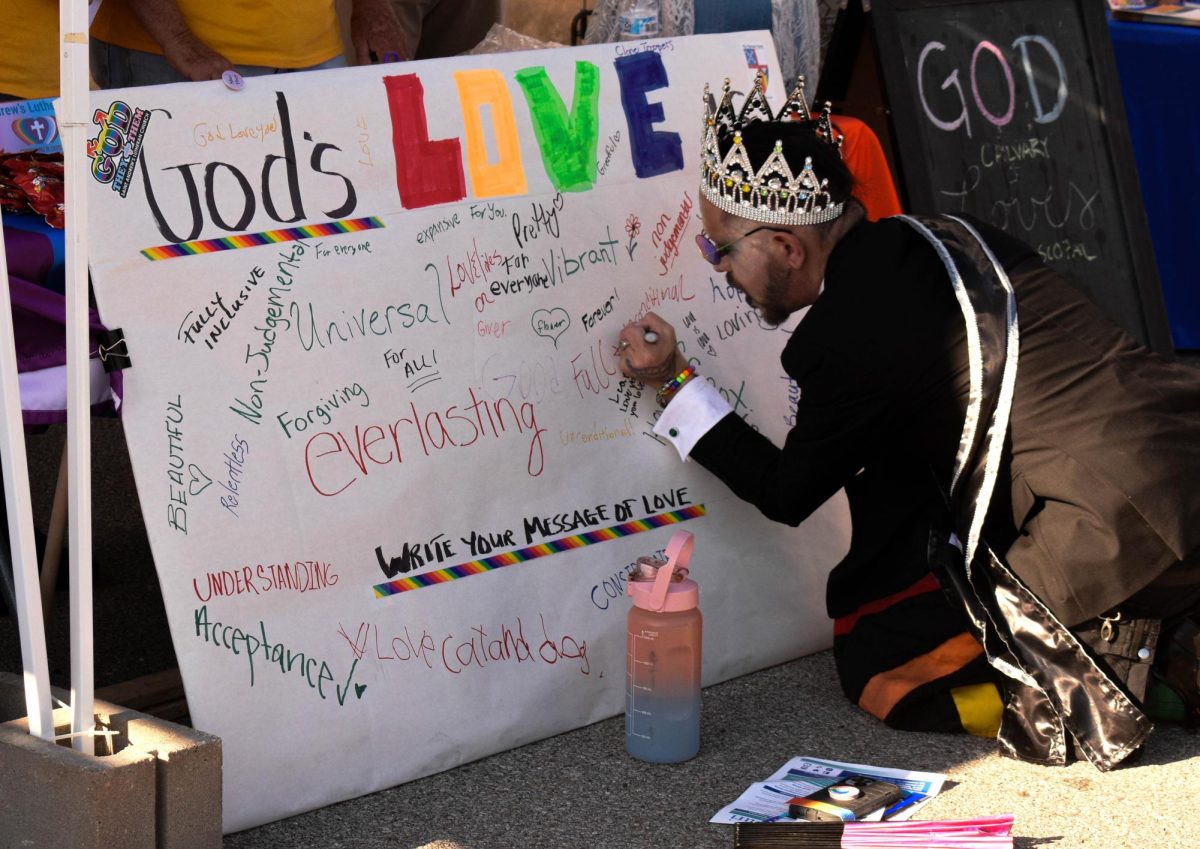MU Homecoming displays all the qualities that legacies embody, uniting students, alums and the Columbia community.
Editor’s Note:
A previous version of this article included an incorrect photo. The article has been updated with the correct image.
To the legacy community at the University of Missouri, the emotional connection that plants their roots within Columbia extends far past any familial ties to MU. Legacy status comes with a set of values, all of which are reflected in the iconic Homecoming celebration founded at MU.
Students recognize that Homecoming is a legacy in and of itself, and it creates a space for non-legacies and legacies alike to share their love and pride for MU.
Christian Simmons, a legacy student through nine of his family members and former president of the Alpha Sigma Phi fraternity at MU, said that, “every individual kind of creates their own legacy at Mizzou and what they want to contribute back.”
MU legacy students across all generations identified pride, quality of experience, education and community as a foundation of their time in college. These principles will follow them across the graduation stage and into their lives as an integral part of the person that MU made them to be.
“As my mom would say, I’ve ‘bled black and gold’ since I was born, and I haven’t missed a Homecoming football game since,” Simmons said.
Columbia culture is deeply intertwined with the student experience at MU, an atmosphere that many legacy students become accustomed to early in life. MU’s uniquely immersive community, marked by businesses and restaurants that continue to remain well-known by students, makes pursuing an education an obvious choice for legacy students like sophomore Jenna Wildt.
“The Heidelberg especially is a big place that my family has gone to over the years. To have that piece of [Columbia culture] in my family is cool,” Wildt said.
Wildt followed in the footsteps of her parents, sister, aunt, uncle and grandparents— her grandfather a former MU professor — when she chose to pursue Secondary Education. Wildt recalled special memories of visiting her family in Columbia throughout her childhood.
“I liked the environment, I liked campus and I was sure that [MU] was where I wanted to be,” Wildt said.
Already familiar with the ins and outs of campus, Wildt’s connections to the university only deepened when she transitioned from visitor to legacy student.
For some alums, this feeling is echoed as they continue their MU involvement post-graduation. Dr. Leigh Anne Taylor Knight, President of the Mizzou Alumni Association and legacy alumna through her parents and many members of her extended family, has remained devoted in her involvement with the university since graduation.
“Legacy denotes a pride in our university and the quality of experience that our legacies will have, as well as projecting into the future what is best for Mizzou and Mizzou families,”said Dr. Taylor Knight.
Dr. Taylor Knight was a candidate for Homecoming queen in 1988, an experience that allowed her to further cement her family legacy in MU history.
“My family got to celebrate in a really kind of special way that year with a Homecoming Court,” Dr. Taylor Knight said. “I can’t remember when Homecoming wasn’t a part of our family.”
Legacy or not, the purpose of Homecoming is to unite MU students across generations. Current students have the opportunity to see how alums have paved the way for them, allowing the alums themselves to reconnect with their alma mater.
“My older brother, who graduated two years ago, says that coming back for Homecoming is one of the [most enjoyable] things that he does as an [alumni],” said Mathew Kimaku, President of the Alumni Association Student Board and MU senior. “[At Homecoming,] everyone around you is from a different niche, and you all share that one core memory [of going to MU].”
Alums have paved the way for Homecoming to become the epitome of legacy culture at MU. The traditions that trademark what it means to be a student at this university were championed by those that came before.
Kimaku said that with the help of the AASB, a group of students that serve as representatives in MAA matters, alums have been able to establish strong memories at MU through the different events that are hosted. A significant one is the Tiger Walk, where all the freshmen rush through the MU Columns to signify their entrance into the university.
“Tiger Walk has definitely been one of the most impactful [events] that we’ve had because it brings all of us together,” Kimaku said. “When [the freshmen] are [alums] 30 years later, they all have that universal memory of that Tiger Walk.”
Homecoming in its entirety — and its cultural impact in Columbia — reflects the characteristics of what it means to be a legacy at MU. For many, a legacy is more than just a status exclusive to those with familial connections to the university – it’s a shared responsibility to continue to promote a quality experience for all students.
“You are the start of your own legacy. You may not have a family legacy story, but you are the beginning,” Dr. Taylor Knight said.
Inspired by her parent’s generosity to MU, she said that giving back to the Columbia community is one of the most powerful ways students and alums can come together to make MU a better place.
“You are the seeds of both the next legacy stories to come, and the seeds of our alumni organization,” she said.
Edited by Molly Levine | [email protected]
Copy edited by Jayden Bates-Bland and Emma Short | [email protected]
Edited by Annie Goodykoontz | [email protected]


